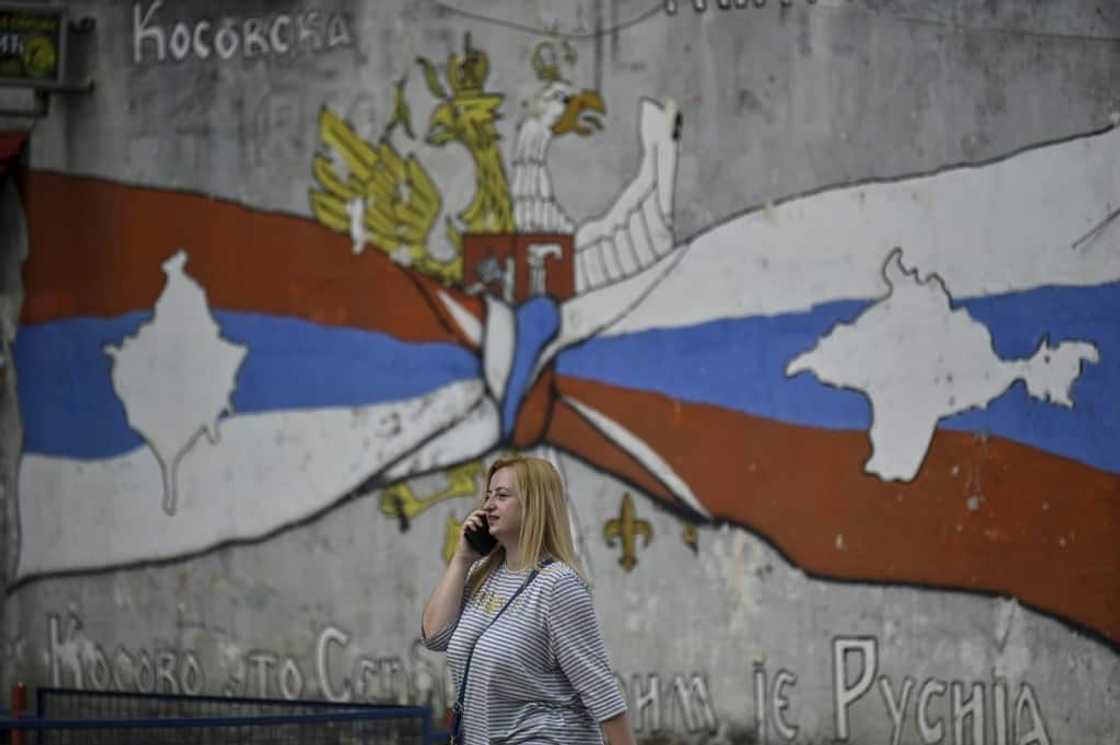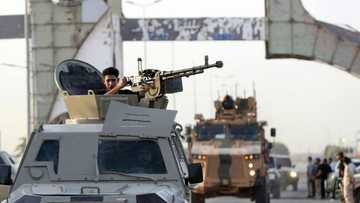Serbia, Kosovo reach free movement agreement: EU

Source: AFP
New feature: Check out news exactly for YOU ➡️ find “Recommended for you” block and enjoy!
Serbia and Kosovo have agreed on an arrangement for free movement between their countries, the European Union's foreign policy chief Josep Borrell announced Saturday.
Serbia had agreed to abolish its entry-exit document for Kosovo ID holders, and Kosovo had agreed to not introduce them for Serbian ID holders, said Borrell, in a video statement posted online.
"Kosovo Serbs, as well as all other citizens, will be able to travel freely between Kosovo and Serbia using their ID cards," he added.
The agreement came after talks in Brussels earlier this week between Kosovo Prime Minister Albin Kurti and Serbian President Aleksandar Vucic, chaired by Borrell.
"I am very happy that we have found a European solution that facilitates travel between Kosovo and Serbia," said Borrell, thanking both leaders.
The Brussels meeting was called to try to defuse antagonism between the Balkan neighbours that had led to violent incidents in northern Kosovo in recent weeks.
Kurti and Vucic also met visiting US Deputy Assistant Secretary of State Gabriel Escobar in Brussels late Wednesday, and Borrell thanked the United States for their support of the talks.
"But this work on freedom of movement is not over," he said. "There are some problems pending."
"I expect both leaders to continue showing pragmatism and constructiveness in order to solve the problem with their license plates," he added.
Another point of tension between the two countries has been over vehicle licence plates that Pristina has imposed across Kosovo, including on the Serbian minority living in the north.
Serbia deeply resents Kosovo's breakaway status.
The territory's ethnic Albanian majority fought Serbian forces in 1999 with support from NATO warplanes. In 2008 it declared independence, which has been recognised by most, but not all, EU member states.
New violence flared in late July in northern Kosovo, prompting NATO chief Jens Stoltenberg on Wednesday to say that the 3,700 NATO peacekeepers deployed in Kosovo would do what was necessary to ensure a secure environment.
New feature: check out news exactly for YOU ➡️ find "Recommended for you" block and enjoy!
Source: AFP


